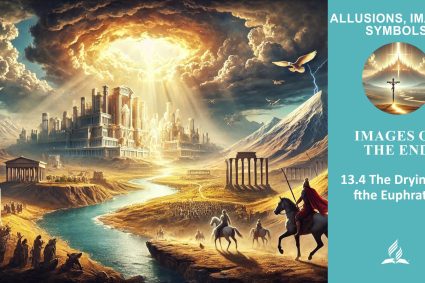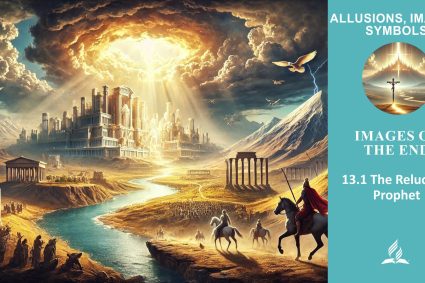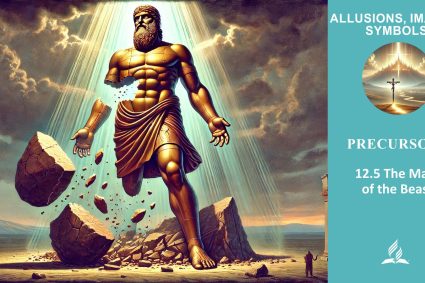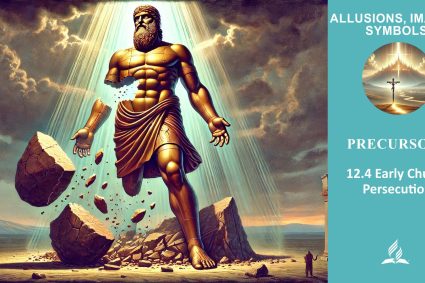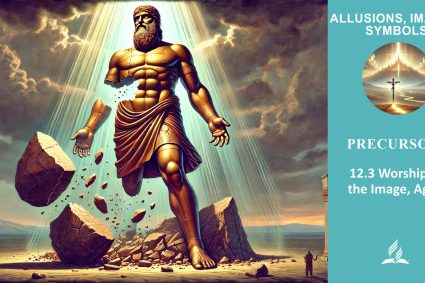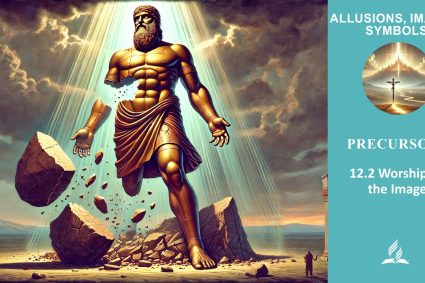

The text on “A Hebrew in Athens” from Acts 17:1–17 reflects the Apostle Paul’s reaction to the numerous idols in Athens. It emphasizes how Paul, based on his knowledge of his people’s history, was deeply troubled by the idolatry he found in the city. The commentary highlights that even today, metaphorically, our cities are filled with idols, though less visibly, and believers often pass by them indifferently. In contrast, Paul is portrayed as being in tune with the Holy Spirit, compelling him to act and bring the gospel to those who need it most.
The parallel to contemporary times is drawn by pointing out that many believers fail to recognize that the gospel is intended for the entire world. Paul is presented as a pioneer of world mission, utilizing the marketplace of Athens to find innovative ways to convey the gospel to the heathens and philosophers. The comparison to a “Global Mission Study Center” illustrates Paul’s strategic approach.
The text also highlights that Paul realized he had to address the Athenians differently than the Jews or the God-fearing non-Jews. This serves as an example of how modern believers must adapt to reach people with different cultural and religious backgrounds. The emphasis is on the need to develop new approaches tailored effectively to various contexts.
Overall, the commentary provides an inspiring reflection on the relevance of biblical history to contemporary missionary work and underscores the need to be flexible and creative in sharing the gospel in different cultural contexts.
What kind of idols do people worship in your society, and how can you open their eyes to the worthlessness of it all?
In many modern societies, idols could metaphorically represent material possessions, self-glorification, technology, power, or even specific ideologies. Here are some approaches to open people’s eyes to the potential emptiness or limited value of these things:
-
Self-reflection: Encourage people to reflect on their priorities and values. Self-reflection can lead them to realize if they may be assigning too much significance to certain things.
-
Community and Connection: Emphasize the importance of interpersonal relationships and community. Deep, meaningful connections often bring more satisfaction than material goods.
-
Change of Perspective: Encourage people to change their perspective. This could happen through education, travel, or interacting with people from different backgrounds.
-
Spirituality and Meaning: Discuss spiritual or philosophical questions. Sometimes, the pursuit of deeper meaning in life can help people realize that material things alone do not fulfill.
-
Education and Awareness: Inform people about the transient nature of material pleasures and the limited value of certain ideologies. Education and awareness can help develop a clearer perspective on life priorities.
It’s important to note that this process is often sensitive and should be approached with respect and empathy. People have different beliefs and values, and the path to realization can be individually varied.
(Visited 23 times, 1 visits today)









